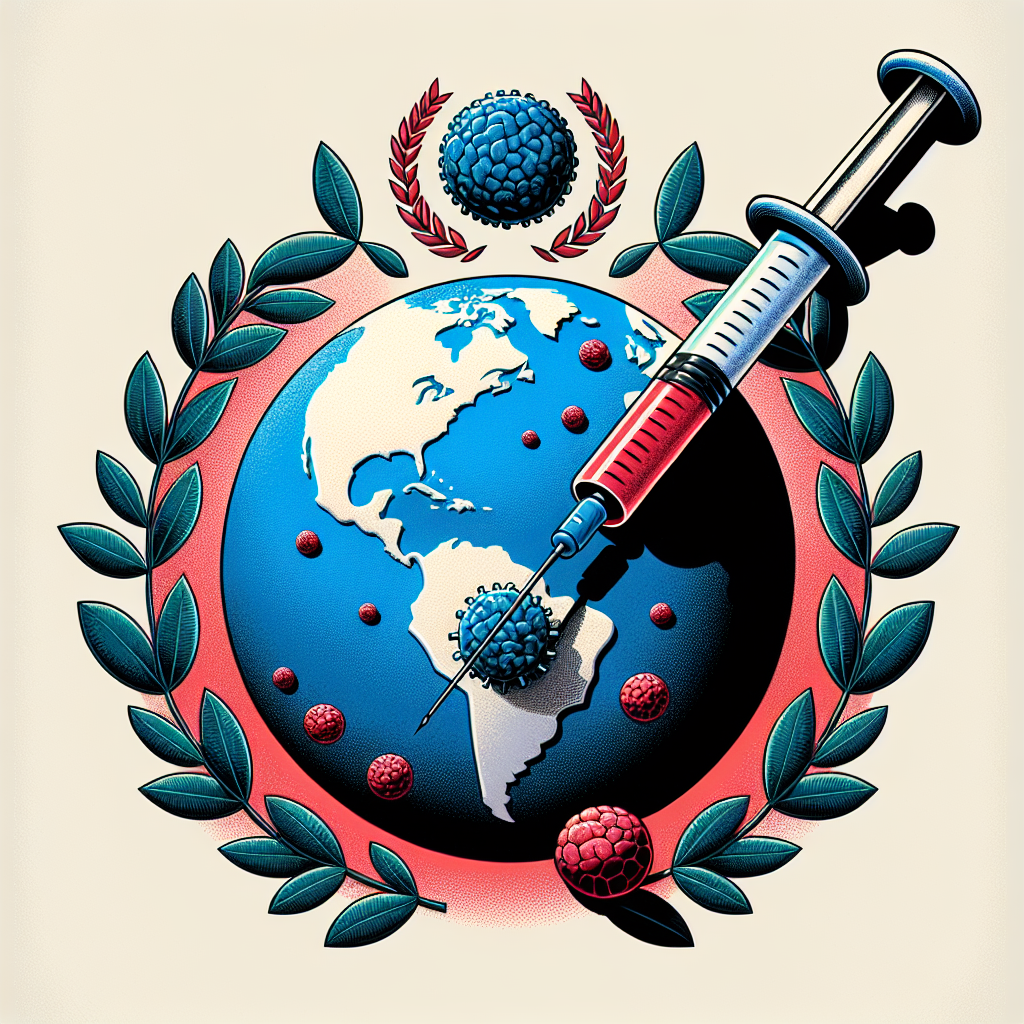Controversial Changes Loom Over Childhood Vaccine Policy
U.S. vaccine advisers are considering significant changes to the childhood immunization schedule under Health Secretary Robert F. Kennedy Jr. The CDC's Advisory Committee on Immunization Practices may eliminate certain vaccine recommendations for children and newborns, raising concerns about exposure to preventable diseases.

U.S. vaccine advisers are deliberating crucial changes to the childhood immunization schedule, potentially altering public health policy under the leadership of Health Secretary Robert F. Kennedy Jr. On Thursday, the Centers for Disease Control and Prevention's Advisory Committee on Immunization Practices considered a proposal to remove the recommendation of the combined measles-mumps-rubella-varicella (MMRV) vaccine for children under age four.
Further discussions involved whether newborns should receive the hepatitis B vaccine immediately at birth or engage in shared decision-making between parents and physicians. Kennedy, known for his anti-vaccine stance, overhauled the committee, a move criticized for potentially increasing vulnerability to preventable diseases.
The hearing drew criticism from various sectors, including the American Academy of Pediatrics and former CDC directors, who were concerned about the lack of scientific rigor in the decision-making process. The debate underscores the ongoing tensions over vaccine policies and their implications for public health safety.










